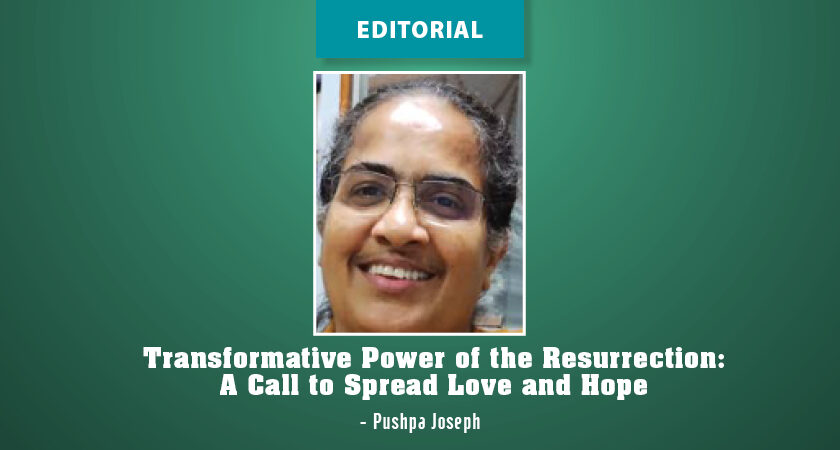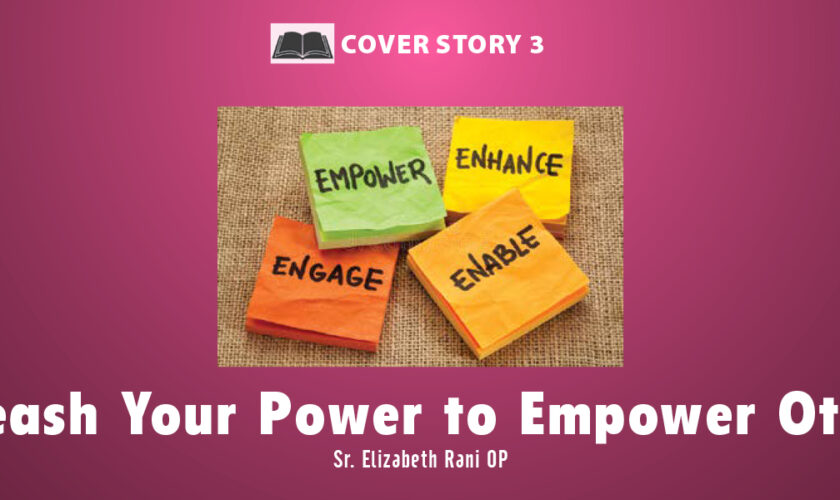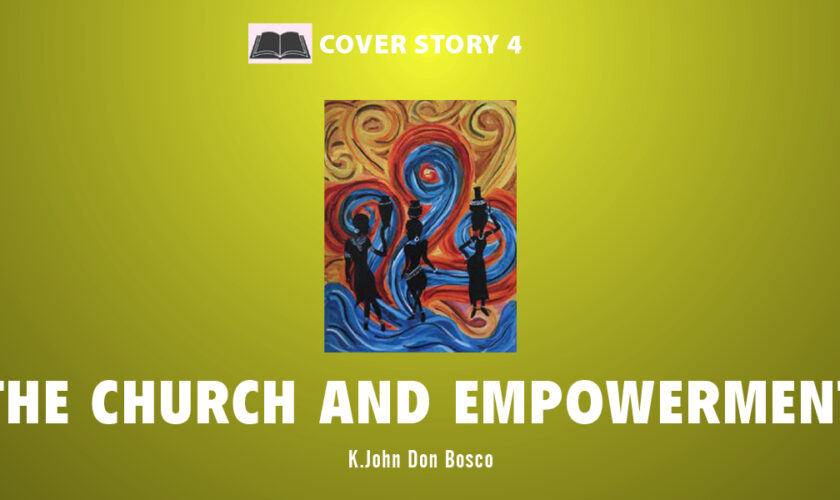The Resurrection of Jesus is an event that has transcended time and continues to inspire and transform individuals around the world. It is more than just a historical event, but a powerful testament to the transformative power that exists within each and every one of us. The Resurrection serves as a reminder that every moment, every interaction, every positive thought and deed, and every act of love for the poor and marginalized has the potential to be imbued with a sacred, otherworldly quality.
Jesus himself possessed an almost magical ability to inspire and uplift others. He was driven by a deep-seated love and compassion for all those he encountered, and he went above and beyond to comfort and aid those in need, even when it meant going against the norms of society or risking his own safety.
What made Jesus so special was his constant reaching out to something beyond the mundane and ordinary, a recognition of the untapped potential within every person and every situation. It is this potential that he sought to unearth and uncover in those around him, and that we too are called to seek out and nurture in ourselves and others.
As theologian N. T. Wright so eloquently states, the Resurrection serves as a reminder that our present bodily existence is not meaningless, but rather holds great significance in light of the future God has in store for us. Every action we take in the here and now, whether it be creating art, caring for the sick, advocating for justice, or simply loving our neighbors as ourselves, has the potential to ripple out into eternity. As people of faith, we are called to keep the miracle of life alive in our hearts and in the world around us, to be constantly amazed and awed by the transformative power of the Resurrection. In a world that often feels dark and despairing, we are called to be beacons of hope and love, reaching out to those in need and shining a light on the divine potential within all things.
The articles featured in this edition of Magnet serve as a powerful testimony to the continuing significance and relevance of the Resurrection in our world today. They remind us that we are never alone, and that we always have access to the transformative power of love and compassion. The most amazing news of the Christian gospel is that the magnificent Creator of the universe has taken action through Jesus Christ’s death and resurrection to eliminate every barrier between us and himself, allowing us to experience everlasting joy in beholding and relishing his boundless beauty. This message of hope conveyed in this issue of Magnet serves as a reminder that even in the bleakest moments of our lives, there is always the potential for redemption and transformation. May we draw inspiration and encouragement from these stories and venture forth into the world with renewed optimism and direction, seeking the miraculous in all aspects of life.
I express my heartfelt gratitude to the amazing team of writers who, with their unwavering commitment, passion for spreading knowledge, and timely submissions of articles, make every issue of Magnet possible. Your dedication and hard work have made Magnet a reliable source of information and inspiration for countless readers.
I am also grateful to our readers, who engage with Magnet’s content and share their feedback through messages, phone calls, and letters to the editor. Your support and encouragement motivate us to continue our work, and your words bear testimony to the transformative power of the written word.
I extend my thanks to the wonderful team at CRI House, Delhi, and the members of the editorial board who collaborate tirelessly to ensure that Magnet is published within the prescribed time. Your efforts and collaboration are critical in maintaining the quality and relevance of Magnet’s content.
Above all, I express my appreciation to each one of you who collaborates with us, in your unique way, to bear testimony to the power of the Resurrection in our world. Let us continue to be instruments of the Resurrection, spreading love, hope, and joy to everyone we encounter. Together, as one body, we can make a positive impact on our world and contribute to making it a better place for all.
May the timeless peace and unending joy of the Resurrection be with each and every one of you.
Pushpa Joseph
To subscribe to the magazine, click Subscribe









